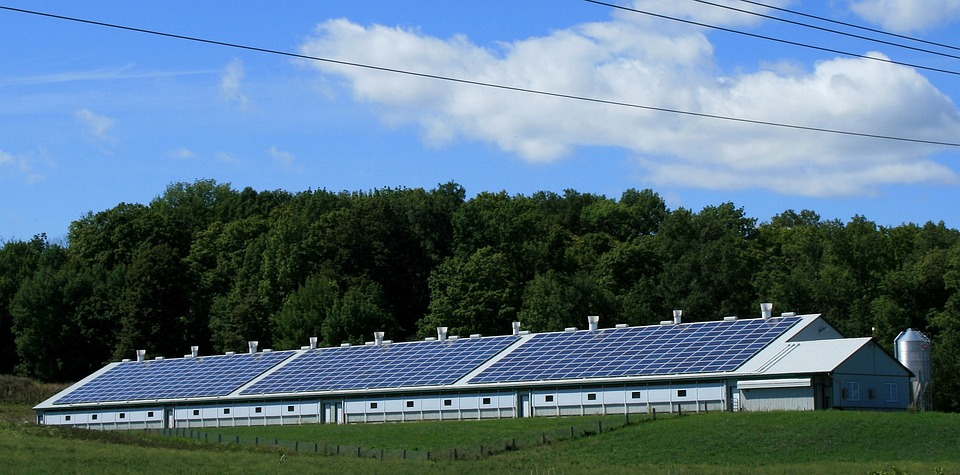The Clean Energy Council is a not-for-profit industry association that represents businesses operating in the clean energy sector in Australia. Established in 2007, the Clean Energy Council works to promote the development and deployment of clean energy technologies, policies, and practices to help reduce Australia’s carbon emissions and transition to a more sustainable energy future.
Role of the Clean Energy Council
The Clean Energy Council plays a crucial role in advocating for policies that support the growth of renewable energy in Australia. The council works with governments, industry stakeholders, and the community to promote the benefits of clean energy and to address barriers to its uptake. This includes advocating for supportive regulatory frameworks, funding mechanisms, and industry standards that enable the growth of renewable energy projects.
Membership and Governance
The Clean Energy Council represents a diverse range of businesses operating in the clean energy sector, including renewable energy developers, equipment manufacturers, project financiers, and service providers. The council’s membership includes over 600 companies across the country, making it one of the largest industry associations in the clean energy sector in Australia.
The Clean Energy Council is governed by a board of directors, which is elected by its members. The board is responsible for setting the strategic direction of the council, overseeing its operations, and representing the interests of its members in policy discussions and advocacy efforts.
Key Programs and Initiatives
The Clean Energy Council runs a number of programs and initiatives aimed at promoting the growth of renewable energy in Australia. This includes the accreditation of renewable energy installers and designers through the Clean Energy Council Accreditation Program, which helps ensure that installations are safe and of high quality.
The council also publishes a range of resources, including reports, guidelines, and best practice guides, to help industry stakeholders navigate the regulatory and technical challenges of developing clean energy projects. In addition, the Clean Energy Council organizes conferences, events, and training courses to facilitate networking and knowledge sharing within the sector.
Conclusion
The Clean Energy Council plays a vital role in promoting the growth of renewable energy in Australia and advocating for policies that support its development. By representing the interests of businesses operating in the clean energy sector, the council helps drive the transition to a more sustainable energy future. If you are a business operating in the clean energy sector in Australia, joining the Clean Energy Council can provide you with access to valuable resources, networking opportunities, and advocacy support.

Kyle Whyte is a notable scholar and professor at the University of Michigan, holding positions such as the George Willis Pack Professor in the School for Environment and Sustainability and Professor of Philosophy. Specializing in environmental justice, his work critically examines climate policy and Indigenous peoples’ ethics, emphasizing the nexus between cooperative scientific endeavors and Indigenous justice. As an enrolled Citizen Potawatomi Nation member, he brings a vital perspective to his roles as a U.S. Science Envoy and member of the White House Environmental Justice Advisory Council. His influential research is supported by various prestigious organizations including the National Science Foundation, and disseminated through publications in high-impact journals. Kyle actively contributes to global Indigenous research methodologies and education, with affiliations to numerous institutes and societies dedicated to traditional knowledge and sustainability. Recognized for his academic and community engagement, Kyle has earned multiple awards and served in various visiting professorships. His efforts extend to leadership positions on boards and committees focused on environmental justice nationwide.
